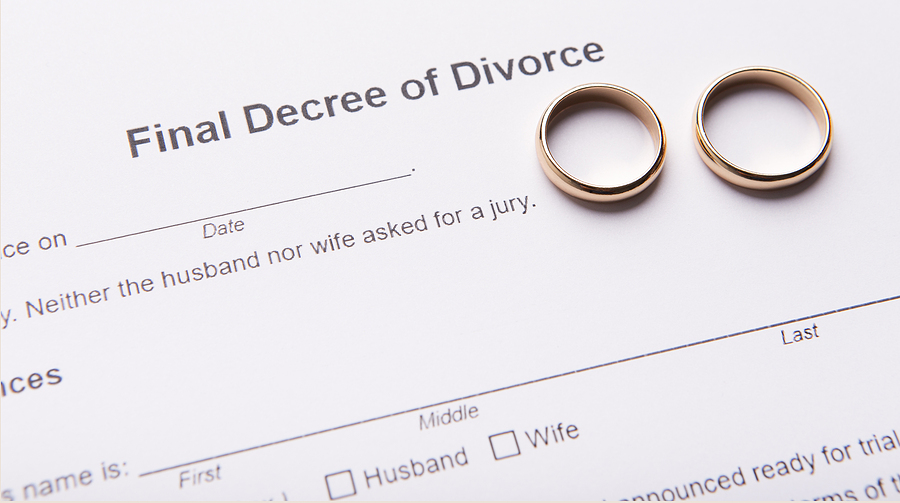Personal injury claims are incredibly stressful. While it is true that approximately 96% of all personal injury cases are handled before they wind up in a courtroom, those that do go to court can be headache-inducing. Approaching your personal injury claim intelligently is one of the most important things that you can do when you are faced with one. The consequences of not approaching your case intelligently are that your case can be dismissed, thrown out, or not reach the verdict that you have been hoping for.
This article will tell you six smart strategies that you can apply to your own claim to help you win your personal injury case.
It is worth mentioning that if you have been injured, there is a statute of limitations for how long you can take the people responsible for your case to court, so act quickly.
Find a Professional and Experienced Lawyer
Your case is often only as good as your legal representation. It is fundamentally important to the success of your claim that you hire a lawyer who is both professional, in that they can conduct themselves well in a courtroom, and are experienced. Lawyers of this caliber don’t come cheap, but they can benefit your case tremendously, and some will even work on a no-win-no-fee basis. No one plans for life’s unexpected, say the legal gurus from blumenshinelawgroup.com, but when something does happen, you can trust that a lawyer will be there for you. Pick your legal representation carefully.
Evidence Preservation
Your best chance at winning your case is through the preservation of evidence. Say theoretically, the defendant in your case did not make an out-of-court settlement offer, and instead, your case went to court. If you did not have hard evidence in this situation, your case would make it no farther than the first hearing. Take videos, photographs, and audio recordings to substantiate your claims, as well as medical certificates and written documents signed by healthcare professionals verifying and swearing to the fact that you have the injuries you claim to have. You might also need to call the police, just in case to make sure everything is properly done.
Settlement Letter Demand
When you are creating your settlement letter demand, you must ensure that you suggest a fair settlement amount. It can be incredibly tempting to claim that you need a higher settlement amount than you actually do, but this will just decrease your chances of receiving an out-of-court settlement from the case’s defendant. Your settlement demand should be an amount reasonable according to the injury and should be enough for you to survive until you are fit to work again if you will be fit to work again.
Your First Settlement Offer
The first offer made to you will always be far lower than you deserve. Once you have received your first settlement offer, turn it down (with the approval of your attorney). The first offer indicates that the case’s defendant or the insurance adjuster has accepted liability. The first offer is usually made to gauge whether or not you are just money hungry or if you are claiming out of principle and for justice. People who just want money will usually take the first offer. If you want higher amounts, then you need to hold out and turn down the first offer.
The Future Implications of Your Injury
When you are making your claim, you need to take into consideration the implications that your injuries will have upon your future. Ask yourself: will I work again? How will this impact my professional life? Can I play sports again? If the answers to this are across-the-board no’s, then you need to raise the claim and demand more compensation. The rest of your life should not be spent in misery, and you do not deserve it to be. Compensation for your injuries will help you to lead a normal life and support yourself.
The Whole Truth and Nothing But the Truth
When you are making personal injury claims, the best advice that I can offer you is for you to tell the truth. Many people, shockingly, make fraudulent claims or exaggerate the extent of their injuries. There are people who are employed solely to validate people’s claims. Tell the truth, not only for yourself but so that you do not cost people money falsely. It can be easy to exaggerate your injuries, even to yourself, but the implications that these exaggerations can have upon your life are not worth it.
Personal injury claims are hard to maneuver, especially if it is your first time. With the tips listed here, you should have no problems moving forward with your personal injury claim, and can even give advice to other people!
Image Source: BigStockPhoto.com (Licensed)
Related Categories: Legal, Reviews







